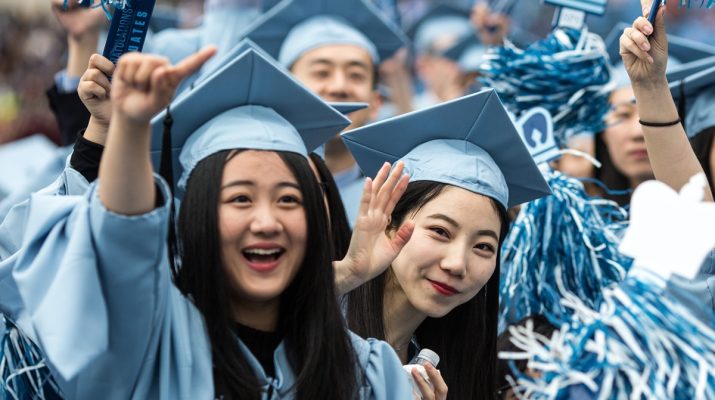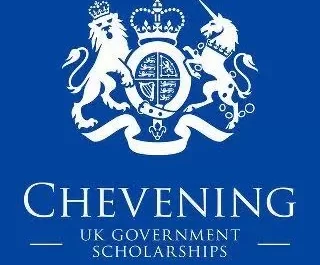In a surprising policy shift that could have long-lasting effects on higher education and international relations, the U.S. government has announced that it may begin revoking the visas of certain Chinese students currently studying in the United States. The announcement, which comes as part of a broader effort to counter what officials describe as growing security concerns related to China, has sparked concern and confusion across American campuses.
This article breaks down the new visa developments, who may be affected, and what students can do in response.
What’s Behind the Visa Policy Change?
On May 28, 2025, U.S. Secretary of State Marco Rubio issued a statement outlining a new visa policy that targets Chinese nationals studying in the U.S., particularly those allegedly connected to the Chinese Communist Party (CCP) or studying in fields deemed sensitive to national security.
Although full details are still emerging, the administration’s message is clear: the U.S. will be increasing scrutiny of Chinese student visas and may revoke those that are found to conflict with the new security guidelines. The move reflects heightened tensions between the U.S. and China and a renewed push to “put America first,” according to the official statement.
While this policy is being positioned as a national security measure, it’s worth noting that it may also have political motivations tied to the upcoming election cycle and growing anti-China rhetoric in Washington.
Who Is Most Likely to Be Affected?
Although the policy language is broad, early reports suggest that students working in so-called “critical fields” may be most vulnerable. These fields likely include:
- Artificial Intelligence (AI)
- Quantum Computing
- Aerospace and Advanced Robotics
- Semiconductors and Microelectronics
- Biotechnologies and Biomedical Engineering
Additionally, Chinese nationals who are believed to have direct or indirect ties to state-sponsored entities or military-linked research in China may be flagged. Unfortunately, the criteria for what constitutes a “connection” remain vague, leaving many students unsure of their status.
What Universities Are Saying
Several U.S. universities have responded with concern. Yale University, the University of Wisconsin–Madison, and the University of Michigan have all released public statements indicating that they are monitoring the situation closely and offering support to students who may be affected.
These institutions rely heavily on international students, not just for the tuition they bring, but also for the cultural diversity and academic excellence they contribute. With over 275,000 Chinese students studying in the U.S. as of the most recent data, the policy could have profound consequences for American higher education.
Some universities have even begun consulting legal experts to prepare for the potential wave of visa revocations and to ensure students’ rights are protected during the review process.
What This Means for Chinese Students
Understandably, many Chinese students and their families are worried. Some students already in the U.S. are questioning whether they should continue their studies here, while others planning to start their programs later this year are unsure if they’ll be allowed entry at all.
If you’re a Chinese student, here are a few practical steps you can take:
- Stay Updated: Regularly check your university’s international student portal for official guidance and policy updates.
- Keep Documentation Handy: Make sure your visa documents, academic records, and personal identification are up to date and accessible.
- Avoid Risky Online Behaviour: Officials may examine social media accounts and digital footprints, so be cautious about what you post or share online.
- Speak With Advisors: Don’t hesitate to reach out to your university’s legal or immigration support services.
- Consider Backup Plans: As hard as it may be, start exploring alternative study options in countries with stable visa policies (e.g., Canada, the UK, Australia).
Broader Implications
This shift in visa policy has stirred strong reactions—not just from students and universities, but also from international rights organisations and foreign governments. Critics argue that the policy could easily be interpreted as racially or politically discriminatory, while supporters maintain that it is a necessary step to protect national interests.
Educational institutions fear that the fallout could go beyond just Chinese nationals. Other international students might also start to question the U.S. as a stable and welcoming destination for higher education. Moreover, there’s a looming concern that this could escalate into a tit-for-tat diplomatic conflict, affecting other cultural and academic exchanges between the two nations.
What’s Next?
At the time of writing, there is still a lot of ambiguity about how the policy will be implemented. It remains unclear how many visas will be affected, what specific fields will be targeted, and what kind of appeals process (if any) will be available to students.
Until then, Chinese students and their institutions are left to navigate a difficult and uncertain landscape. While the U.S. government insists that the policy is not meant to punish individuals, the practical consequences for many young scholars could be life-altering.
Universities, advocates, and students are calling for more transparency from federal agencies, urging them to provide clearer guidance and fair procedures as this policy unfolds.
Final Thoughts
This moment marks a pivotal turning point for U.S.-China academic relations. The decision to tighten visa access for Chinese students may serve short-term political goals, but it also risks long-term damage to the U.S. educational system and its reputation as a beacon of global learning and innovation.
Students caught in the crosshairs deserve more than vague warnings—they deserve clarity, fairness, and the chance to continue their education in peace.
References
- Statements from U.S. Secretary Marco Rubio – U.S. Embassy Indonesia
- Yale University Office of International Students and Scholars
- University of Michigan International Centre Update
- University of Wisconsin ISS News

